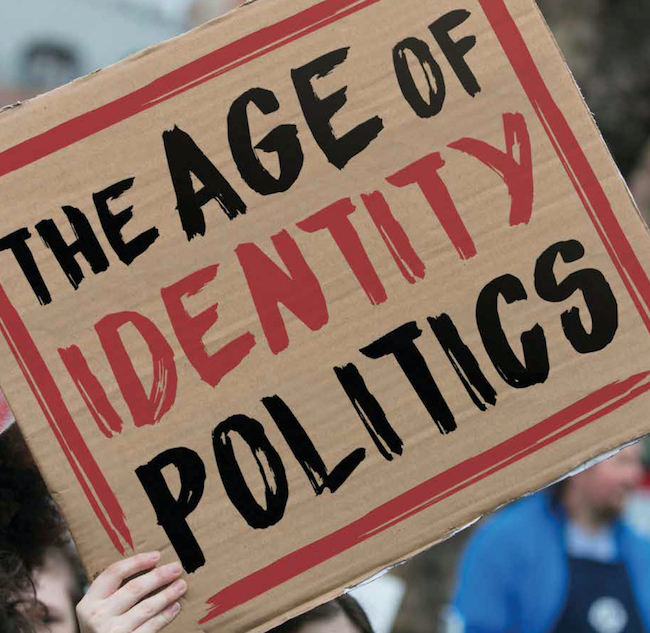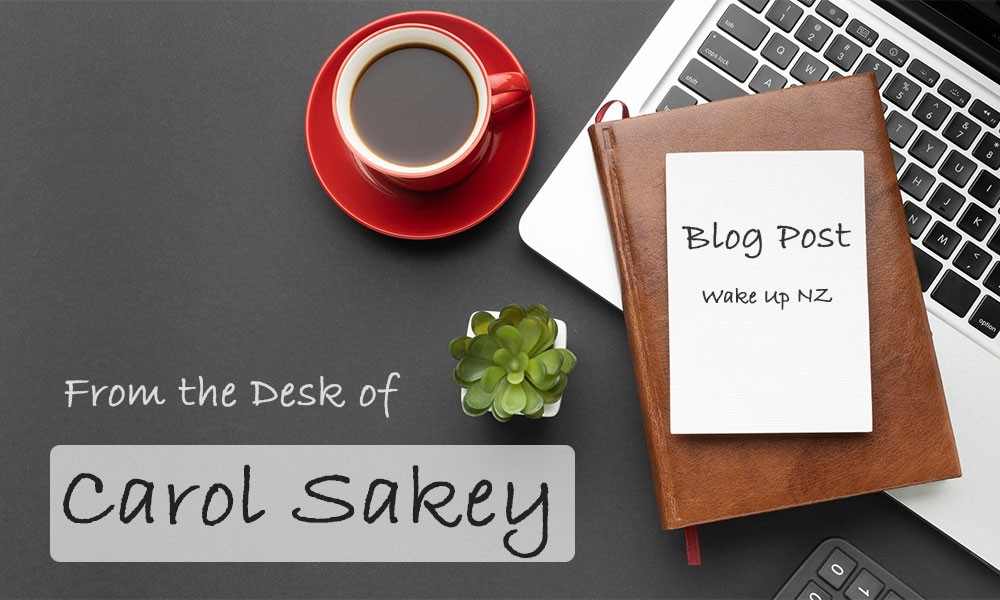
TRAITORS IN THE POLITICAL CESSPIT OF WELLINGTON ‘APARTHEID IN NEW ZEALAND’
He Puapua (Co-governance) in New Zealand also known as ‘Vision 2040’ – To be actioned well before 2040 all relates to New Zealand Government’s signing of the UNDRIP in 2010. 143 countries voted in favour of the UN Declaration. There were 11 absentee’s. Australia, Canada, New Zealand and America rejected the UN DRIP. The planning of the UN Declaration began in 1982. The declaration prohibits discrimination against indigenous peoples. Gives indigenous peoples full and effective participation in ALL matters that concern them. And all matters do concern them.
ROSEMARY BANKS was NZ’s Representative speaking at the UN, she explained why New Zealand had decided to reject the Declaration. She said that “NZ is unique, we have the Treaty Of Waitangi between the Crown and NZ, it has been NZ’s founding document since 1840. That the Treaty has acquired great significance in NZ’s constitutional arrangements, law, government activity. NZ has a system for redress, accepted by both indigenous and non-indigenous citizens alike. Claims to over half of NZ’s land area had been settled. That NZ had already been implementing most standard in the Declaration for many years. . She shared the view that the Declaration was long overdue, and the concern that indigenous peoples in many parts of the world continued to be deprived of basic human rights. (13th September 2007)
Rosemary Banks said “It is with deep regret that NZ is unable to support the text in the declaration. NZ has difficulties with 4 provisions within the declaration. Articles 26, 28, 19 and 32.
1)THEY WERE FUNDAMENTALLY: INCOMPATIABLE with NZ’s Constitutional and Legal arrangements. Treaty Of Waitangi, the principle of governing for the good of ALL its citizens.
2) This included the provisions of land and resources in NZ and the Right of Veto over the State
3)Article 26 states that indigenous peoples had the right to own, use, develop or control lands and territories that they traditionally owned, occupied or used.
NZ’s rejection was “This would mean the entire country of NZ would be caught in this scope of the article. As it appears to require recognition of lands now legally owned by other citizens, indigenous and non-indigenous. Does not take into account traditions or customs nor land tenure.
Article 28 is on redress- compensation does not take into account as to lands legally owned legitimately by others. And overlapping indigenous claims. Again the whole country would fall under the scope of Article 28. The declaration implied Indigenous peoples had the right to veto over democratic legislature and ‘national resource management. The declaration implied to classes of citizenship. Indigenous people would have the right to veto that others do not.
Rosemary Banks said that New Zealand is unable to support the declaration as its incompatible with democratic processes, legislation, constitutional arrangement, is not reflected in New Zealand’s State practices and and would not be recognized as general principles of law in New Zealand.
In 2010 John Keys secretly arranged for Pita Sharples co leader of the Maori Party to travel to the UN to sign the UNDRIP. Since this time co-governance in New Zealand has expanded significantly without any permission or consent of the people of New Zealand. This has happened under National and Labours watch. Under this Labour Government it has been accelerated and promoted even more.
15th September 2007 Horomia spoke in the House on the UNDRIP. He warned about signing the UNDRIP and also confirmed what Rosemary Banks had said at the UN as to the reason for rejecting the UN Declaration. This being a Labour Government now support and fully promote the UNDRIP (Co-governance of NZ) as does Green Party. National also, they are less talkative about it.
Willie Jackson has referred to many workshops and hundreds of participant’s meeting to discuss and working out plans around Vision 2040.
He said the next step would be the drafting of an official plan – work which would be done by Te Puni Kōkiri, the National Iwi Chairs Forum’s Pou Tikanga and the Human Rights Commission – over the next couple months. Jackson said the plan is more than co governance, and refers to health justice education. Independent institutions
-
-
Monday - September 11, 2023 - APARTHEID IN NZ
(11) - CO-GOVERNANCE OF NEW ZEALAND
(23) - Uncategorized
(25)




Leave a Comment